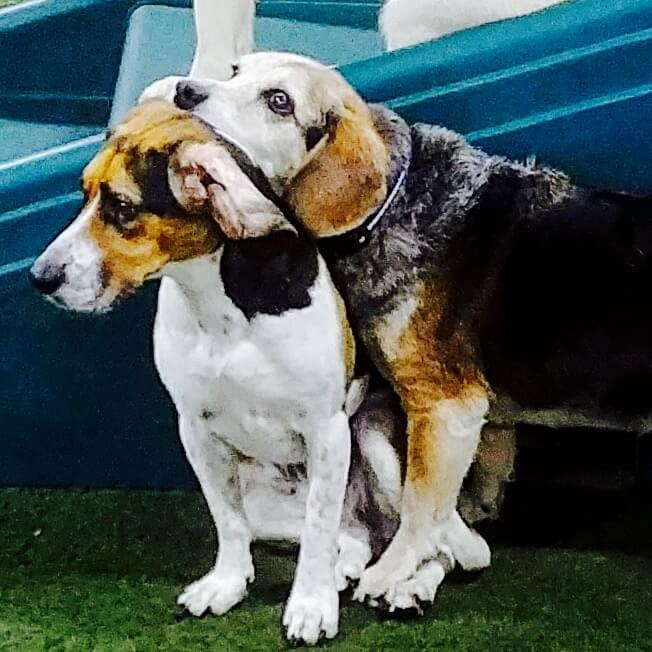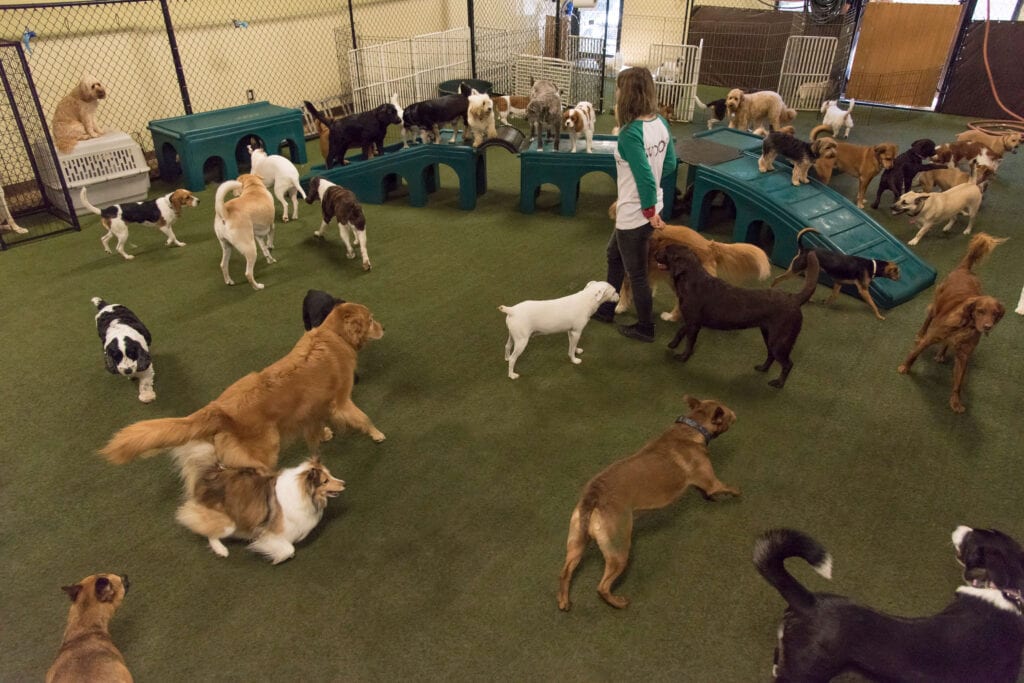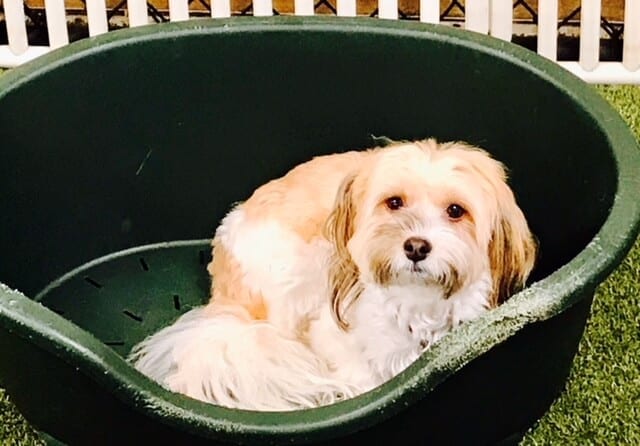If you are someone who is worried about your dog going under for a dental, you are not alone. Pet parents often put off dental cleanings for their dogs because they are concerned about anesthesia. Those concerns grow greater as their dogs become seniors, which is unfortunate because seniors often need regular cleanings the most.
It would be great if there were a way to get dental x-rays to assess dental needs, without anesthesia, but unfortunately, that’s not possible. Your dog would have to hold still during an uncomfortable procedure. And regardless of how well-behaved your fur child is, being anesthetized is the best, and only way, to get x-rays and do proper cleaning of your dog’s mouth.
Your dog’s mouth could look beautiful on the surface, but there could be underlying issues causing pain that only an x-ray would reveal s. Pets sometimes exhibit pain symptoms that may or may not be noticed by their parents. If the pain is noticed, parents might not think of a dental issue first, or even at all. After a much-needed dental procedure, that pain symptom often goes away. Pet parents often comment that their dog is more playful and has a smoother, more joyous gait after a dental extraction.
Anesthesia these days, is quite safe, even for seniors or dogs with some health issues. To meet the current standards for anesthesia, a blood panel and urinalysis are often done, especially in seniors. A veterinarian who is exceptionally skilled in anesthesia can make safe adaptations for almost all pets. The way your pet is monitored during the process and the recovery is also essential.
Remember that fasting is essential before any anesthesia procedure. This is because your dog’s reflexes are temporarily stopped while anesthetized. That interruption of reflexes means your dog’s ability to keep acids or food from entering the lungs becomes much more difficult. Also, if the stomach has food in it, there is a risk of vomiting.
After your dog’s procedure, he may be a little groggy from the anesthesia for up to 24 hours. So, it’s important to keep him quiet. The homeopathic remedy, phosphorous 30c, can help with the recovery from anesthesia.
You’ll want to feed soft food for the first few days, as his mouth is likely a little tender. Making chicken stew ahead of time and blending it to a smooth consistency is an excellent post-dental surgery meal. You may also notice a little facial swelling for 24-48 hours. If your dog permits it, you can apply a cold compress or ice pack to the area 5-10 minutes a few times a day.
You might also notice a little gruffness in your dog’s voice or mild cough. This is likely a result of the intubation, which can result in a bit of throat irritation. It should go away in a few days. A humidifier can help with this. You might also want to try a little coconut oil and wild, raw honey. A 10-15lb. dog can have ¼ tsp of coconut oil and one drop of honey, four times a day.
It is always a little scary when your dog goes under anesthesia. It’s normal to be concerned, but don’t let that concern stop you from getting your dog the care it needs. Remember, you can’t see what lies beneath the surface. Keeping your dog’s mouth in good health can mean adding years to his life. Periodontal disease leads to many systemic issues. Regular dental cleanings and extractions, when needed, can make a huge difference in your dog’s health.






